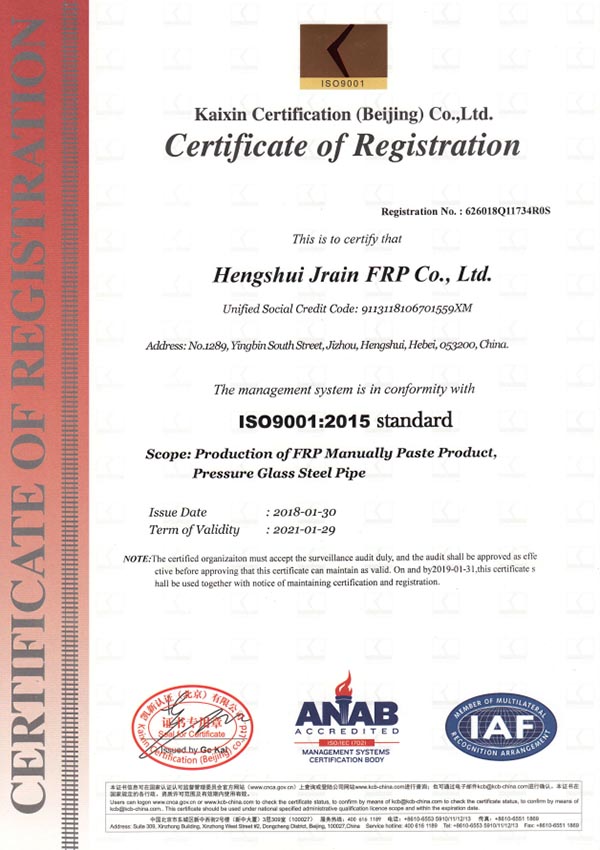
-
 Afrikaans
Afrikaans -
 Albanian
Albanian -
 Amharic
Amharic -
 Arabic
Arabic -
 Armenian
Armenian -
 Azerbaijani
Azerbaijani -
 Basque
Basque -
 Belarusian
Belarusian -
 Bengali
Bengali -
 Bosnian
Bosnian -
 Bulgarian
Bulgarian -
 Catalan
Catalan -
 Cebuano
Cebuano -
 China
China -
 China (Taiwan)
China (Taiwan) -
 Corsican
Corsican -
 Croatian
Croatian -
 Czech
Czech -
 Danish
Danish -
 Dutch
Dutch -
 English
English -
 Esperanto
Esperanto -
 Estonian
Estonian -
 Finnish
Finnish -
 French
French -
 Frisian
Frisian -
 Galician
Galician -
 Georgian
Georgian -
 German
German -
 Greek
Greek -
 Gujarati
Gujarati -
 Haitian Creole
Haitian Creole -
 hausa
hausa -
 hawaiian
hawaiian -
 Hebrew
Hebrew -
 Hindi
Hindi -
 Miao
Miao -
 Hungarian
Hungarian -
 Icelandic
Icelandic -
 igbo
igbo -
 Indonesian
Indonesian -
 irish
irish -
 Italian
Italian -
 Japanese
Japanese -
 Javanese
Javanese -
 Kannada
Kannada -
 kazakh
kazakh -
 Khmer
Khmer -
 Rwandese
Rwandese -
 Korean
Korean -
 Kurdish
Kurdish -
 Kyrgyz
Kyrgyz -
 Lao
Lao -
 Latin
Latin -
 Latvian
Latvian -
 Lithuanian
Lithuanian -
 Luxembourgish
Luxembourgish -
 Macedonian
Macedonian -
 Malgashi
Malgashi -
 Malay
Malay -
 Malayalam
Malayalam -
 Maltese
Maltese -
 Maori
Maori -
 Marathi
Marathi -
 Mongolian
Mongolian -
 Myanmar
Myanmar -
 Nepali
Nepali -
 Norwegian
Norwegian -
 Norwegian
Norwegian -
 Occitan
Occitan -
 Pashto
Pashto -
 Persian
Persian -
 Polish
Polish -
 Portuguese
Portuguese -
 Punjabi
Punjabi -
 Romanian
Romanian -
 Russian
Russian -
 Samoan
Samoan -
 Scottish Gaelic
Scottish Gaelic -
 Serbian
Serbian -
 Sesotho
Sesotho -
 Shona
Shona -
 Sindhi
Sindhi -
 Sinhala
Sinhala -
 Slovak
Slovak -
 Slovenian
Slovenian -
 Somali
Somali -
 Spanish
Spanish -
 Sundanese
Sundanese -
 Swahili
Swahili -
 Swedish
Swedish -
 Tagalog
Tagalog -
 Tajik
Tajik -
 Tamil
Tamil -
 Tatar
Tatar -
 Telugu
Telugu -
 Thai
Thai -
 Turkish
Turkish -
 Turkmen
Turkmen -
 Ukrainian
Ukrainian -
 Urdu
Urdu -
 Uighur
Uighur -
 Uzbek
Uzbek -
 Vietnamese
Vietnamese -
 Welsh
Welsh -
 Bantu
Bantu -
 Yiddish
Yiddish -
 Yoruba
Yoruba -
 Zulu
Zulu
Fiberglass Stack Solutions - Durable, Lightweight, and Customizable
The Versatility of Fiberglass Stack Technology
Fiberglass stack technology has emerged as a significant advancement across various industries, paving the way for more efficient and sustainable solutions in manufacturing and construction. Made from reinforced plastic fibers, fiberglass stacks offer an array of benefits that traditional materials cannot match, making them a popular choice in applications such as chemical processing, waste management, and environmental protection.
One of the standout features of fiberglass stacks is their exceptional resistance to corrosion. Unlike metal stacks, which can deteriorate over time when exposed to harsh chemicals or environmental conditions, fiberglass stacks maintain their integrity and longevity. This property is particularly beneficial in industries where corrosive agents are prevalent, such as in power plants and chemical plants. The durability of fiberglass translates into reduced maintenance costs and longer service life, resulting in significant savings over time.
Furthermore, fiberglass stacks are lightweight compared to their metallic counterparts. This characteristic simplifies the installation process and reduces transportation costs, enabling companies to streamline their operations. The lighter weight also allows for the potential use of smaller structural supports, which can lead to a reduction in overall construction costs. In scenarios where large stacks are needed, the ease of handling fiberglass becomes a crucial factor in project management.
fiberglass stack

In addition to their practical advantages, fiberglass stacks offer excellent thermal insulation properties. This insulation helps to control the temperature of the gases being emitted, reducing energy loss and enhancing overall efficiency. As industries strive to become more environmentally friendly, the ability to manage emissions effectively is paramount. The high thermal performance of fiberglass stacks contributes to meeting stringent regulatory requirements, promoting more sustainable practices across various sectors.
Moreover, fiberglass stacks can be tailored to meet specific design requirements. They are available in a range of shapes and sizes, making it possible to create custom solutions that fit unique operational needs. This flexibility is crucial in an era where adaptability is essential for business success. By being able to design stacks that align with specific processes, companies can optimize their systems for better performance and efficiency.
Despite these advantages, it is essential to consider the environmental impact of fiberglass production. While fiberglass stacks help in managing emissions and reducing overall toxicity, the manufacturing process itself should be scrutinized to ensure sustainability. Continuous research and development are necessary to address these concerns and improve the lifecycle of fiberglass products.
In conclusion, fiberglass stack technology represents a transformative approach to managing emissions and enhancing operational efficiency. Its resistance to corrosion, lightweight nature, thermal insulation properties, and adaptability make it a superior choice for a wide variety of applications. As industries continue to focus on sustainability, embracing innovations like fiberglass stacks will be crucial for achieving eco-friendly practices while maintaining operational effectiveness. The future of fiberglass technology appears promising, with ongoing enhancements and applications poised to benefit many sectors.









